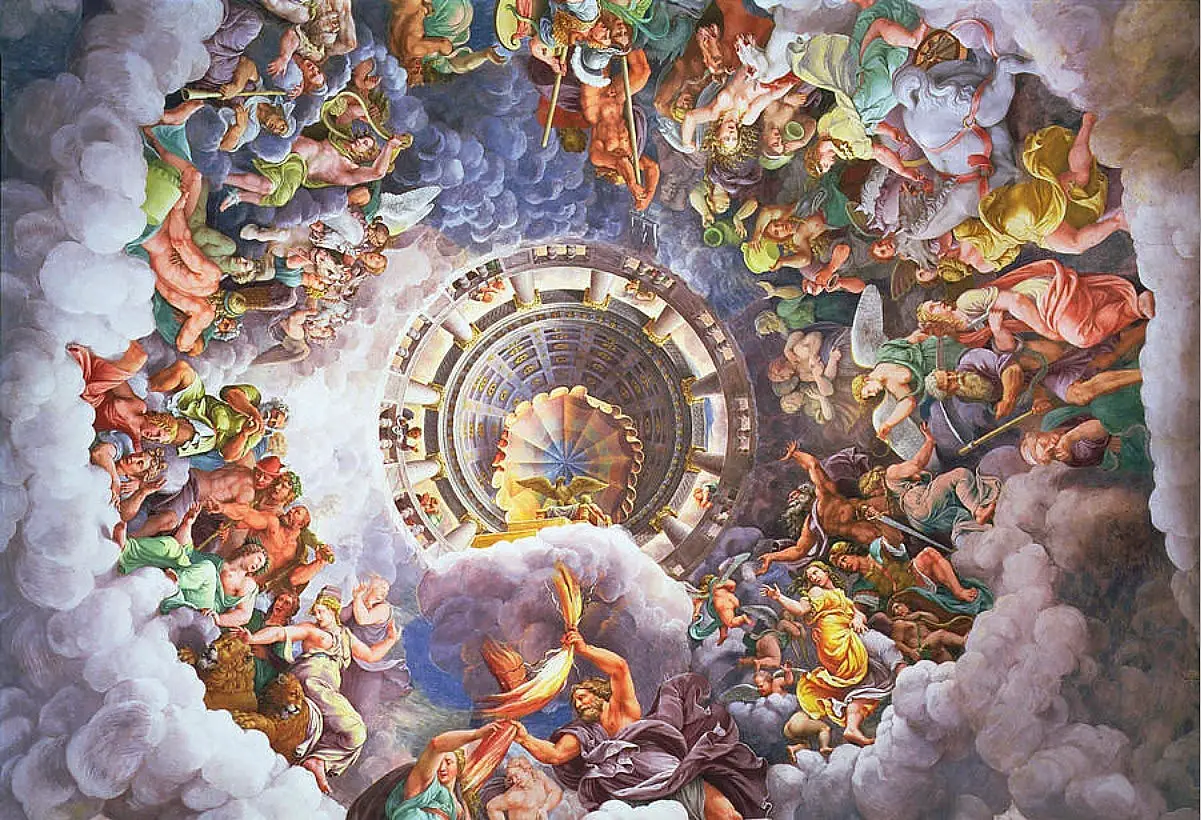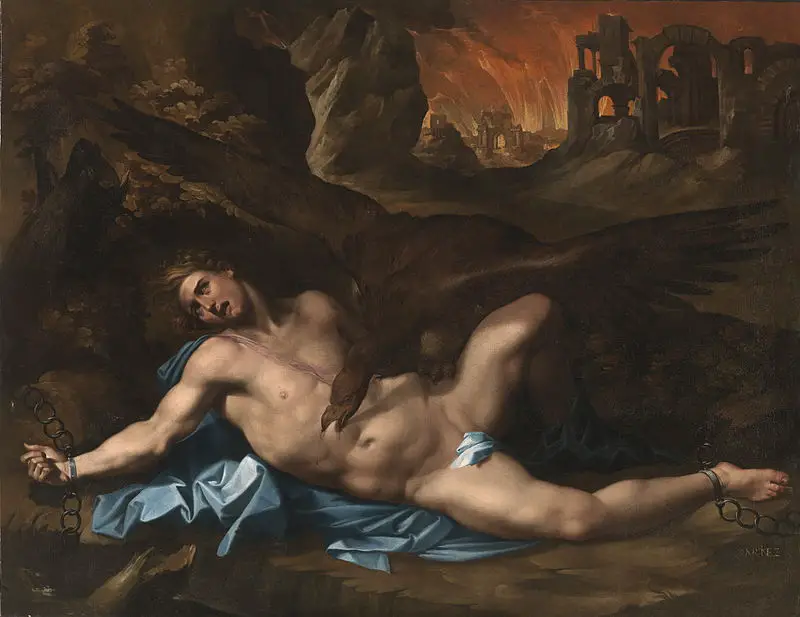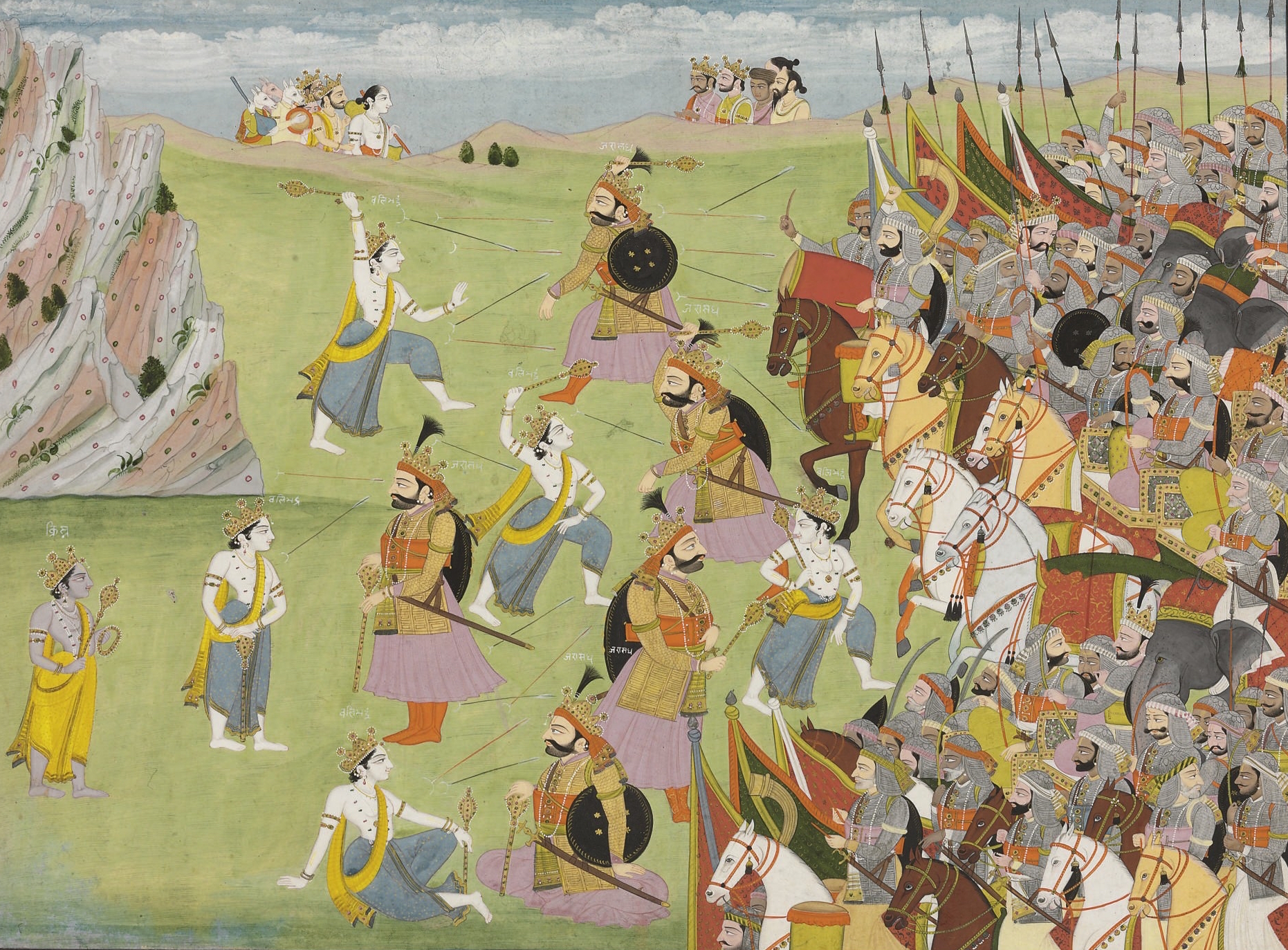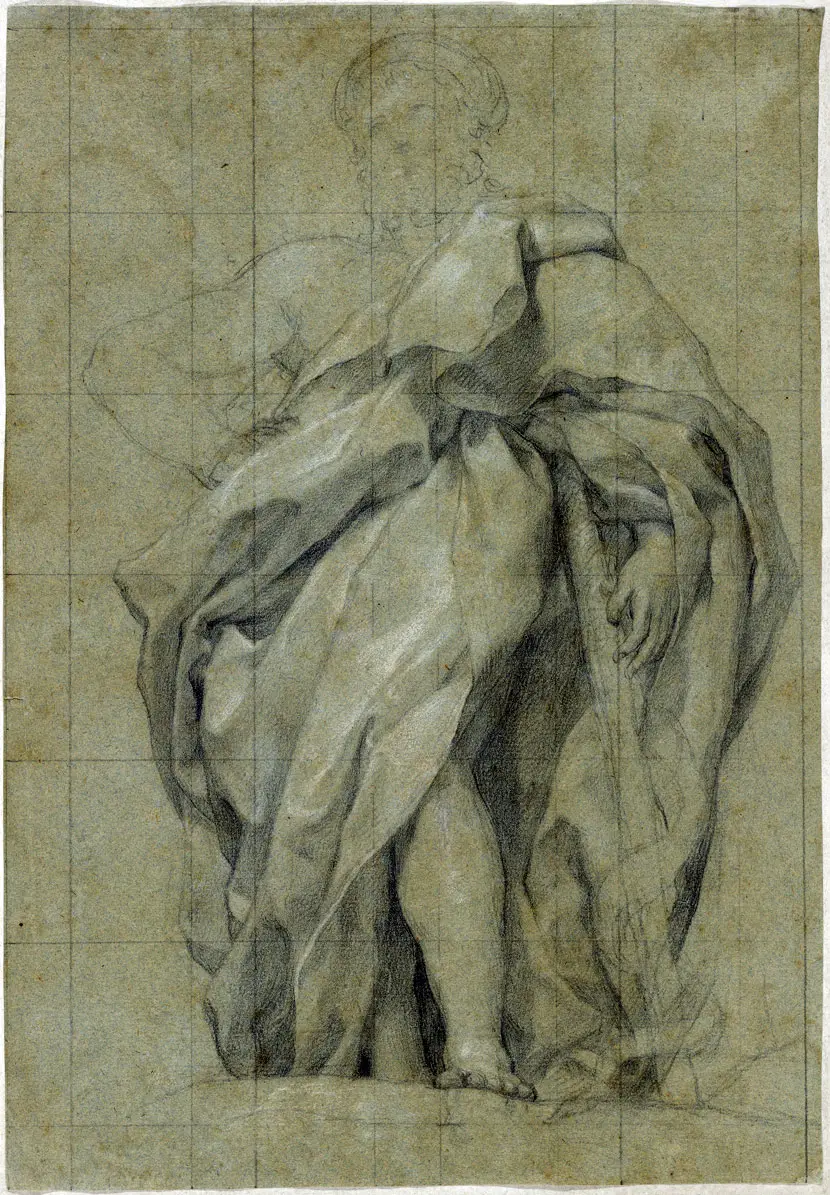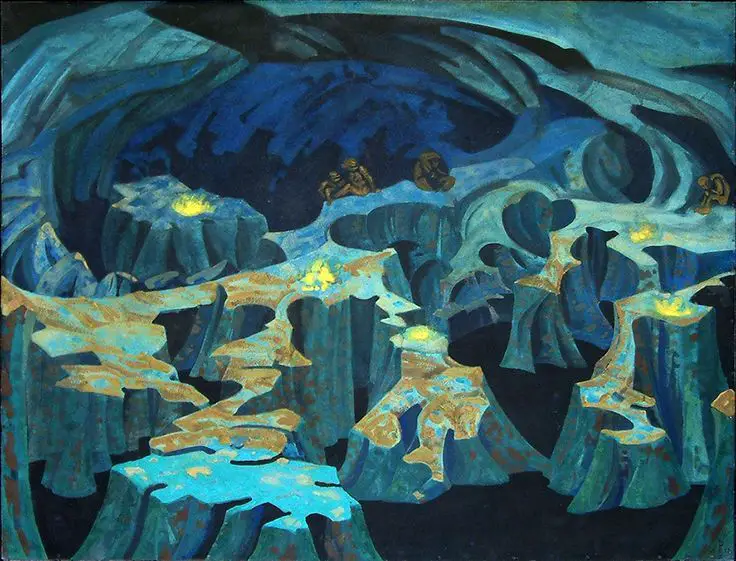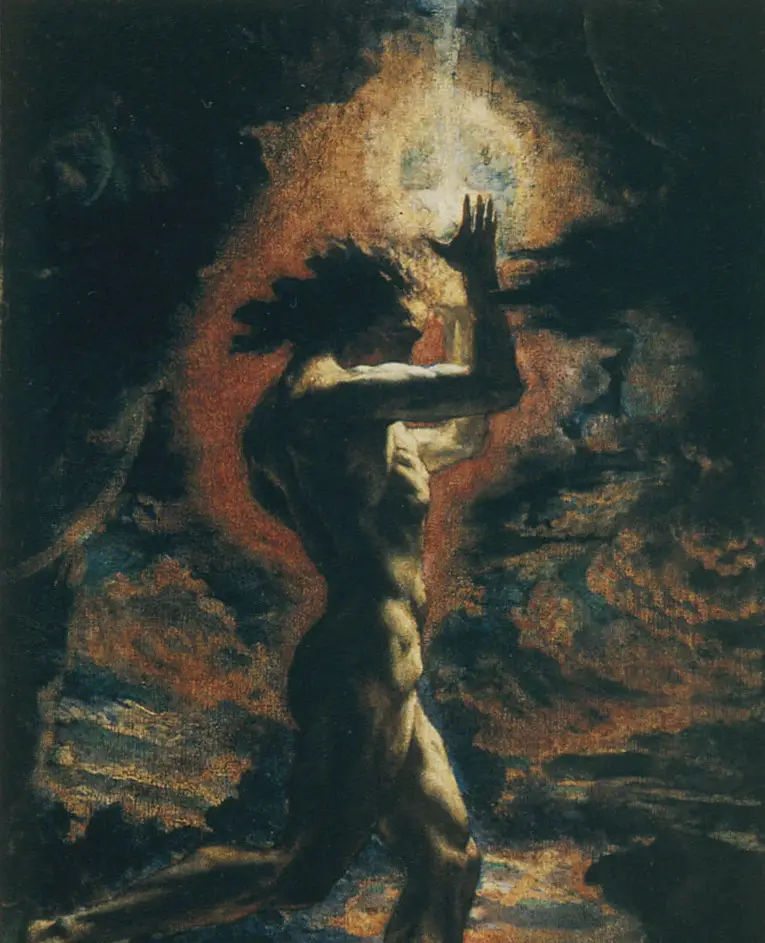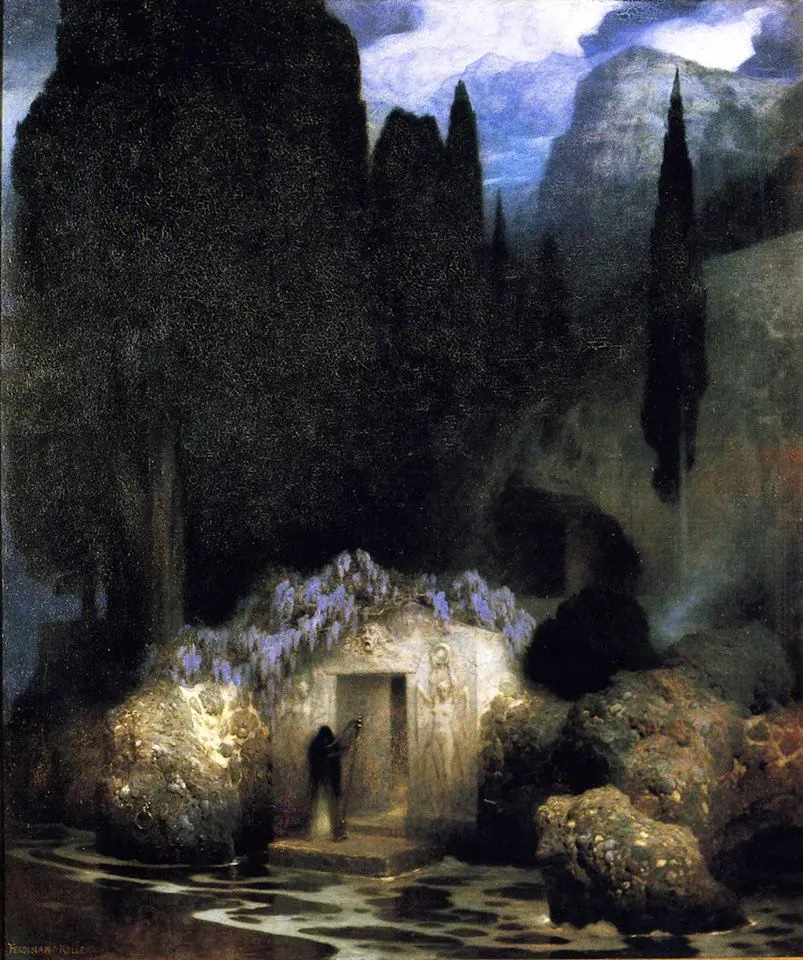Tag: Zeus
The Bringer of Fire: Prometheus and the sense of the tragic in ancient Greece
On the one hand the fire represents the Logos, but on the other Prometheus embodies the wild nature of ancient cosmology, as opposed to the rationalization implemented by the society of the polis on the world outside the Hellenic civilization considered "barbaric" and irrational. The very sense of the tragic is based exactly on the sphere of non-rationality, on the mythical representation of the unconscious shadows of the Greek population of the polis and of man himself.
The suffering of the earth: overpopulation and the myths of depopulation in India, Iran and Greece
The mythologem of "cosmic weariness" and "earth suffering", which inevitably follows a divine action aimed at depopulating the planet - whether it be a war between gods or a deluge sent from heaven - to balance its irremediably compromised equilibrium, is finds with notable correspondences in different Indo-European traditions, or rather Indo-Mediterranean ones: in India and Iran as well as in ancient Greece, and partly also in the Old Testament tradition.
Asclepius: genesis and myth, from hero to god
Genesis of the cult of Asclepius, first a hero-healer and then a divinity of Dream and Medicine in the Hellenic pantheon: from the textile origins to the Homeric and Hesiodic texts.
The myth of concealment in Eurasian traditions
Brief excursus along the historical, philosophical and religious path through which the theme of the concealment of the divine in the great Eurasian space developed: a theme that once again demonstrates the primordial spiritual unity of this vast inner continent
K. Kerényi: "The mythologem of timeless existence in ancient Sardinia"
Extract from the essay by Károly Kerényi "The mythology of timeless existence in ancient Sardinia ", adapted from Myths and Mysteries, and. Einaudi, Turin, 1950, pp. 413 - 423.
The "Heavenly Fire": Kronos, Phaeton, Prometheus
di Andrew Casella
cover: Jean Delville, Prometheus, 1907)
[Continued from The astronomical significance of the Golden Age: Astrea and the "fall" of Phaeton]
In a Mongolian wedding prayer it is stated that: "Fire was born when Heaven and Earth separated": Therefore, before the celestial equator (Father Heaven) and the ecliptic (mother Earth) moved away (ie the inclination angle of about 23 ° of the ecliptic with respect to the equator was recorded), the" Fire " did not exist. At the beginning, the Milky Way united heaven, earth and the world of the dead: the southern part of the Galaxy, in correspondence with Scorpio and Sagittarius, is, for many traditions, the place dedicated to the collection of souls waiting to reincarnate.
Apollo / Kronos in exile: Ogygia, the Dragon, the "fall"
di Marco Maculotti
cover: Ferdinand Keller
Here we aim to bring to a conjunction some cycles of articles published so far in this first year of activity of AXIS world: the cycle concerning i Cosmic-agrarian cults of ancient Eurasia, the one focused on the question of Time and cosmic cycles and finally the series of lectures by M. Ruzzai on the Myth of the polar and hyperborean origin of humanity.

